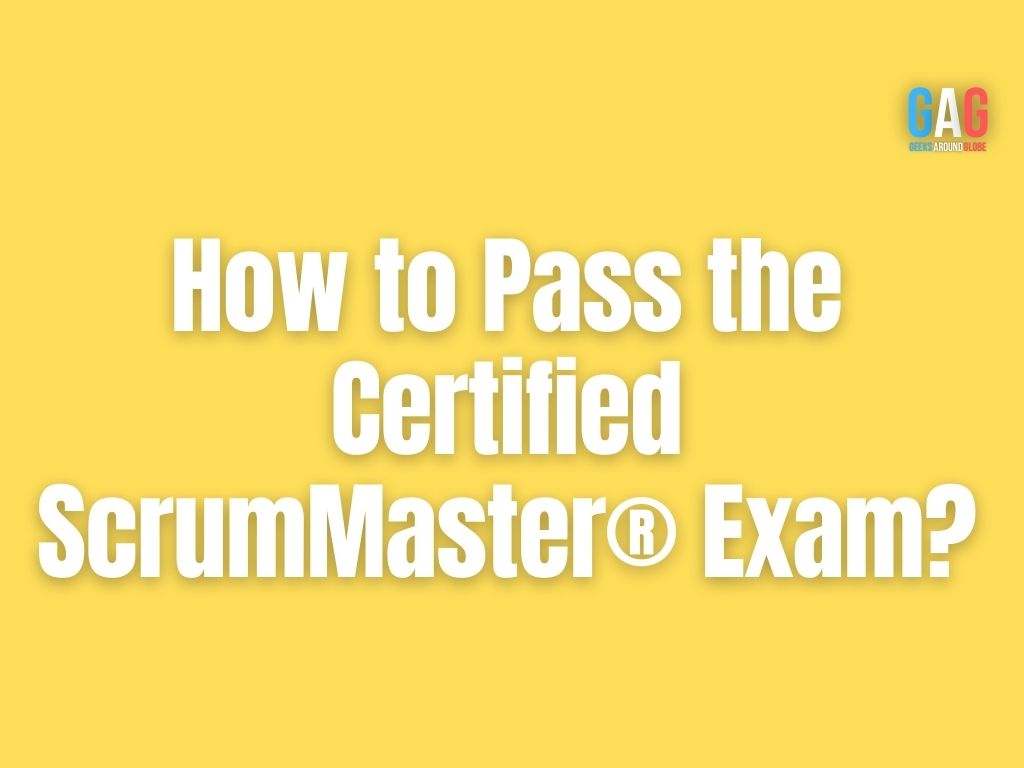- 1. Analyse Your Career Goals – Evaluate what you want to achieve from the MBA course
- 2. Research Popular Programs – Compare the offerings at different schools
- 3. Examine Accreditation Standards – Get an understanding of what the industry considers to be best practice
- 4. Decide On A Specialisation – Choose a concentration that best meets your career goals
- 5. Consider Flexible Options – Look for opportunities to acquire an MBA course in a flexible way, such as online or part-time study
- 6. Think About Your Finances – Work out a budget and consider if you qualify for any scholarships or grants
Are you considering pursuing an MBA to take your career to the next level? Countless options are available for business schools and courses, making choosing the one that best suits your career needs difficult. Fortunately, understanding what goes into selecting an MBA course can help make decision-making easier.
From evaluating coursework and curriculum design to analysing cost effectiveness and industry relevance, this blog post will cover everything you need to know about selecting the best MBA course for your future goals. The following section dives into expert tips and advice for finding the right program that fits your budget and propels you towards success.
Analyse Your Career Goals – Evaluate what you want to achieve from the MBA course
Careful consideration of your career goals before selecting an MBA course is essential to make the right choice. It’s important to recognise which areas of study you want to gain knowledge and expertise in and how the qualifications could support future employment opportunities. Additionally, an MBA can expand your network of professional contacts, allowing you to build great relationships with other professionals within the industry that you are interested in.
Aligning your potential career goals with the resources provided by an MBA program is crucial when choosing one; evaluate what strengths will be honed and new skills acquired. Consider other costs, such as housing and living expenses.
Research Popular Programs – Compare the offerings at different schools
Selecting the MBA course that best suits your career needs is challenging. While researching popular programs and comparing them between schools, one must carefully consider all factors involved and the best option for their current and future goals.
To help identify the best MBA program for you, research the best MBA in Australia to get an overall view of what each school offers and what will best suit your current career aspirations. Look into aspects such as curriculum, faculty experience and expertise, alum network, career support services etc., to ensure you make an informed decision.
With proper research and insight, you can find a course that fits all your needs going forward in this exciting stage of your education – one that can propel your successes now and many years later.
Examine Accreditation Standards – Get an understanding of what the industry considers to be best practice
Choosing an MBA course that suits your career needs requires thoroughly examining the accreditation standards. It is essential to ensure that your potential program meets the rigorous criteria of industry leaders. When researching its accreditation status, be familiar with organisations like AACSB International, the Association to Advance Collegiate Schools of Business and EFMD Quality Improvement System (EQUIS).
Each of these international accreditations has specific guidelines that ensure programs offer quality education through their curriculum and assessment methods. Consulting accredited bodies will allow you to understand what best practices are expected in the industry and how to evaluate the qualification you select against them.
Decide On A Specialisation – Choose a concentration that best meets your career goals
When deciding on a specialisation for your MBA, choosing the one that best meets your career goals is paramount. Consider researching different concentrations, their entail, and if they align with your skills or interests. Remember that larger companies are increasingly specialising in their recruiting efforts, so choosing a stream that’s more in demand can offer more job prospects than those of less interest.
Think about whether you’d like to have a more general MBA or if there is a specific field or industry you want to target. Ultimately, ensure the program allows you to stay agile and retain versatility while optimising what will help you reach your career goals.
Consider Flexible Options – Look for opportunities to acquire an MBA course in a flexible way, such as online or part-time study
When selecting an MBA course, it is essential to consider flexible options for study, such as those allowing students to learn online or attend the course part-time. Enrolling in a part-time study program can relieve you if you are uncertain about quitting your present job to pursue full-time education. It can also assist you in managing any additional time constraints while obtaining the qualification that aligns with your career objectives.
Online learning also has the added benefit of removing geographical limitations and opening up access to universities worldwide. A flexible MBA course could enhance career opportunities without disrupting your life too much.
Think About Your Finances – Work out a budget and consider if you qualify for any scholarships or grants
Before committing to a particular MBA course, it is wise to ascertain the financial cost and whether you have the funds to cover tuition fees and other associated costs. Take some time to evaluate your budget: determine what your income is, what savings you can put towards your MBA, and if there are any scholarships or grants you can pursue.
Be mindful of any loan offers from banks that may advertise attractive rates, but be sure to ascertain if you can meet the payment terms before taking up such proposals. Ultimately, you must ensure that your chosen MBA path is manageable for your finances, as it could limit the freedom otherwise available during your studies.
Pursuing an MBA can be a big step in personal and professional development and should not be taken lightly. It is crucial to consider all factors to select the most suitable course. Evaluate your career goals, research popular programs, and determine which accreditations and specialisations will best meet these aspirations. It is also essential to explore flexible study options available at various universities as they can facilitate success.
Additionally, it’s vital to look into finances to understand better whether this study path is feasible within your budget and to discover any scholarships or grants you are eligible for. With careful consideration of all these factors, you can gain your new qualification confidently and turn your ambitions into reality.







